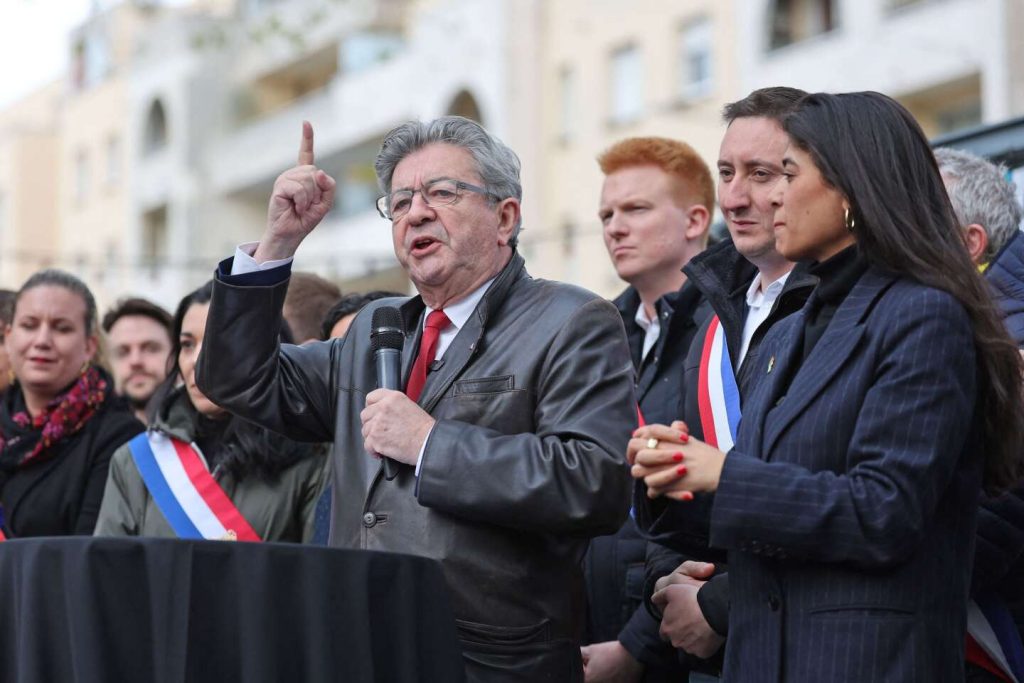The central republican conquests, such as the freedoms of assembly and expression, require constant balancing between the preservation of these vital principles for democracy and maintaining public order during times of tension. This balance is crucial as France faces increasing tensions due to the tragedies accumulating in the Middle East, where the largest Jewish and Muslim communities in Europe coexist, and the alarming rise in anti-Semitic acts. Jean-Luc Mélenchon has chosen to focus on the situation in Gaza during the campaign for the European elections on June 9th with his party, La France insoumise. While debatable, this choice seeks to engage voters, especially from marginalized communities, with the conflict in the Palestinian territory, following retaliations by Israel against Hamas attacks on October 7, 2023.
The decision of university presidents in Bordeaux in October, Rennes and Lille in April, to cancel conferences by the leader of La France insoumise for “security” reasons is concerning. Similarly, the decision by the prefect of Nord to ban a replacement meeting in Lille planned by Mélenchon and Rima Hassan, a Franco-Palestinian jurist running on the LFI list for the European elections, raises issues. The alleged risk to public security had no precedent in Mélenchon’s previous meetings, leading to suspicions of political motivations behind the prefect’s decision. Granting detractors the power to veto a public meeting where prohibition should be exceptional fuels Mélenchon’s victim narrative and plays into his rivalries amid declining poll numbers.
The repeated unjustified bans on Mélenchon’s events feed into his perceived victimhood and opposition to a system he claims stifles dissenting views, especially as he faces challenges in the polls. His controversial statements, such as comparing the president of the University of Lille to a Nazi criminal, do not need further amplification through restrictions. President Emmanuel Macron, despite disagreeing with Mélenchon’s views, expressed a desire for everyone, including the LFI leader, to have the freedom to express their opinions. Macron’s handling of this situation has been criticized, as it appears divisive politics may be at play ahead of a challenging European election for his party.
Instead of potentially dividing the left and undermining fundamental public freedoms by banning events, Macron could solidify his role as a guardian of democratic values by allowing open dialogue, as evident in his response to Mélenchon’s banned event in Lille. The balance between public order and free expression remains critical in a democracy facing external tensions and internal political pressure. As France grapples with complex societal issues, the protection of fundamental liberties becomes even more crucial to ensure a truly democratic and inclusive society. Mélenchon’s tactics and the government’s response are symptomatic of wider challenges facing France and Europe as they navigate difficult political and social landscapes.


